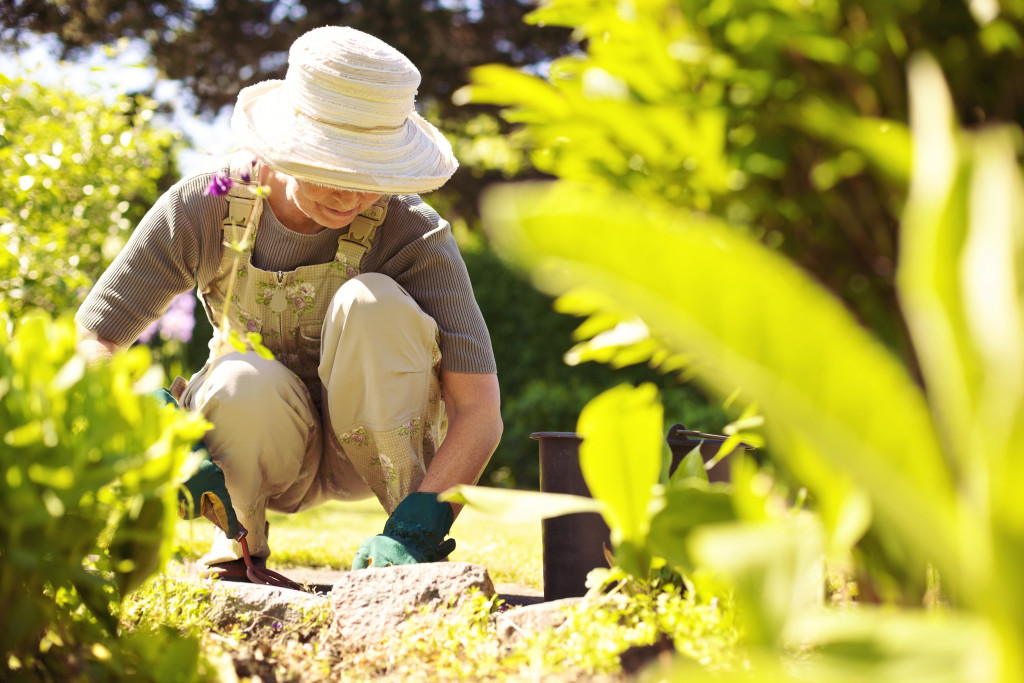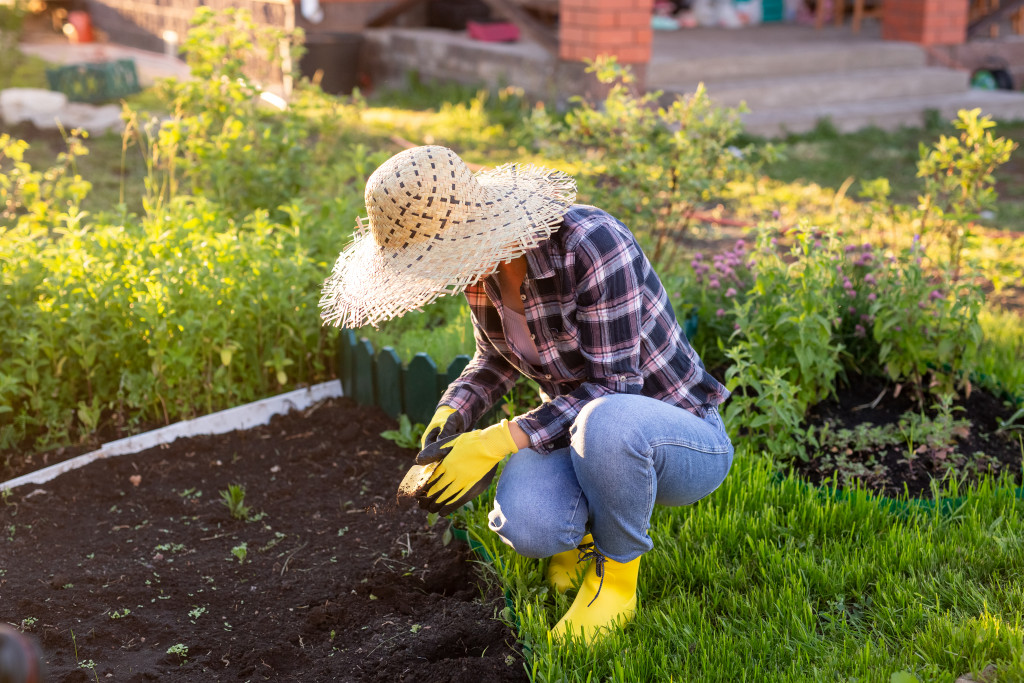- A garden can reduce stress, improve well-being, and increase home value.
- Homeowners must learn the basics of soil preparation, watering, pruning, and pest control.
- Installing automated systems like drip irrigation and proximity sensors can save time and maximize efficiency.
- Hiring a professional gardener can provide customized plans for ongoing maintenance or one-off jobs.
A garden is more than a pretty addition to a home’s exterior. It can provide numerous benefits for homeowners, both physically and emotionally. Studies have shown that maintaining a garden can reduce stress levels and improve overall well-being. Additionally, gardening is a great way to get exercise and fresh air, which is essential for maintaining good health.
But the benefits don’t stop there. A well-maintained garden can also increase a home’s value. According to the National Association of Realtors, landscaping can add up to 14% to a home’s worth. In addition, homes with attractive landscaping are more likely to sell faster than those without.
Furthermore, gardens can also provide numerous environmental benefits. For example, green spaces help absorb pollutants and reduce carbon emissions, improving air quality. This is especially important in urban areas where air pollution can be problematic.
Of course, those benefits come with a caveat. Homeowners must be willing to put in the time and effort to maintain their gardens properly. Here are a few tips to help you get started:
Learn the Gardening Basics

Maintaining a garden can be a rewarding experience, but it also requires effort and some basic skills. Knowing the essential gardening tasks is key to creating and maintaining a beautiful garden. Here are some of the crucial tasks that every homeowner should learn:
Soil Preparation
The soil condition plays a vital role in the growth and health of plants. Therefore, learning how to prepare the soil for gardening is essential. This involves testing the soil pH, adding necessary nutrients and fertilizers, and loosening the ground for better drainage. By preparing the soil, you can ensure your plants get the nutrients required to thrive.
Watering
Plants need water to grow, and learning how to water them is essential. Over-watering or under-watering can harm the plants, so it is crucial to follow a watering schedule based on the type of plant and its needs. Generally, plants need to be watered thoroughly once a week, but this varies depending on the weather conditions and soil type.
Pruning and Weeding
Pruning and weeding are essential tasks to maintain the shape and health of the plants. Pruning involves cutting off dead or diseased branches to promote new growth and better airflow. Weeding involves removing unwanted plants that compete with the plants for nutrients and water. By performing regular pruning and weeding, you can prevent the growth of pests and diseases.
Pest Control
Garden pests, such as aphids, caterpillars, and mites, can harm the plants and ruin the garden’s aesthetics. Therefore, learning how to identify and control pest infestations is crucial. There are several ways to control pests, such as using natural remedies or pesticides, depending on the severity of the infestation.
Create Automation Systems
While manual gardening tasks have plenty of health benefits, they can be time-consuming and tedious. Consider creating an automated system to maximize the efficiency of your garden maintenance efforts.
For example, installing a drip irrigation system can help water plants more efficiently and reduce the risk of overwatering. Sprinklers can help ensure your garden stays fresh and vibrant. However, installing these systems requires some knowledge and experience, so it may be best to hire a professional. Sprinkler repair services might also be needed to ensure your system functions properly and efficiently.
Similarly, automatic pruning systems can reduce time spent trimming branches and leaves. Proximity sensors can detect when a plant is getting too close to another and cut it automatically. This can help keep your garden neat without too much effort.
Hire a Professional Gardener

Not everyone has the time or energy to maintain their garden independently. In these cases, hiring a professional gardener who can take care of the tasks for you is best. A skilled gardener can assess your garden and create a customized plan for your needs. They can also provide advice and guidance on how to improve your garden’s health and aesthetics. This ensures that your garden looks its best without too much effort.
You do not have to get a gardener for daily maintenance. A gardener can be hired for a one-off job, such as planting new shrubs or trees, or for ongoing maintenance like pruning and weeding. You might only need gardeners on long vacations if you have automatic systems.
Final Thoughts
Maintaining a garden is beneficial in many ways but requires effort and dedication. By following the tips outlined above, you can ensure that your garden looks its best while reaping the benefits of gardening. Whether you do it yourself or hire a professional gardener, investing in your garden will undoubtedly pay off in the long run.




